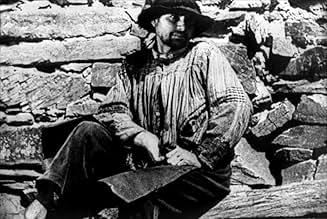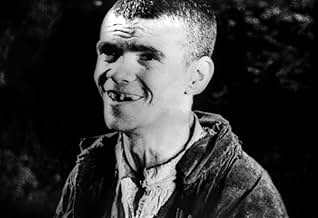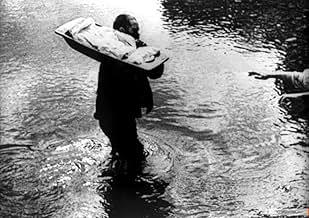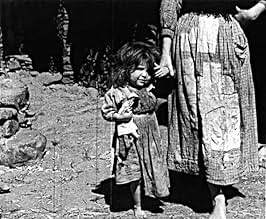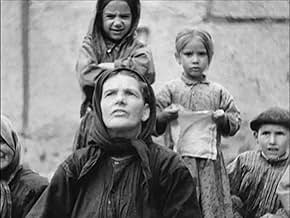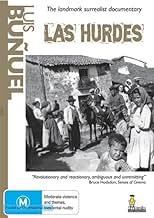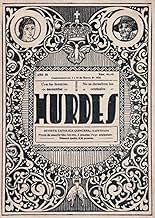After Un Chien Andalou and L'Age d'Or had caused such earthquakes, Bunuel picked for his next project a documentary on the Hurdanos. These people live in mid-western Spain, near the border of Portugal, under the most horendous conditions possible. They are a primitive, almost neolithic people, who only barely understand the principles of farming and are otherwise so superstitious as to starve themselves rather than eat any animals besides disease-carrying pigs.
Now, it is difficult to know how to take this film. Following Un Chien Andalou and L'Age d'Or, I personally expected a comedy, and took it as that when I was watching it. If you read down, you will notice the first person who commented on the film takes it this way. My reasoning went thus: Bunuel saw the Hurdanos in his peculiar surrealist light. Here was a people degraded to the point of utter absurdity. For instance, there is a scene where the farmers are working in a place where adders are plentiful. The adders frequently bite them, but these bites are not fatal. They would eventually heal, but these people don't know that. Instead, they use a kind of ointment to cover the wound, and this treatment actually leads to infection, which eventually mangles or even kills them. In another scene, we are told that the children only know bread from the bits that the local church gives them. They are not allowed to take these bits of bread home because their parents don't trust bread, and will confiscate it and toss it out (this is what I read in an essay about the film; the version I watched had an English voiceover, whose explanation for the parents' actions was to steal the bread for themselves. I believe that the version in the essay is the more correct one).
The surrealist aspects of the scenes I mentioned are there. But, reading that aforementioned essay (and a second), I realize that I was wrong about the humor. Surrealism, you should note, does not = comedy. This is a more serious surrealism. In fact, Bunuel made the documentary as a political statement, showing how the Spanish government treated its people (in fact, he was wrong on this point; Franco idolized the area and had great sympathy for the people, believing them to represent the primitive aspects of Spain; in later decades, he would pour a lot of money into the region). It caused an upset, though not as much as the previous two films. I imagine that people then didn't know how to take it either, since many critics were up in arms over this apparently massive change in Bunuel's style. Nowadays, Las Hurdes seems better than ever before. It is an amazing documentary, and the people represented in it deserve our sympathy. I wonder if their lives have now changed. 9/10.

